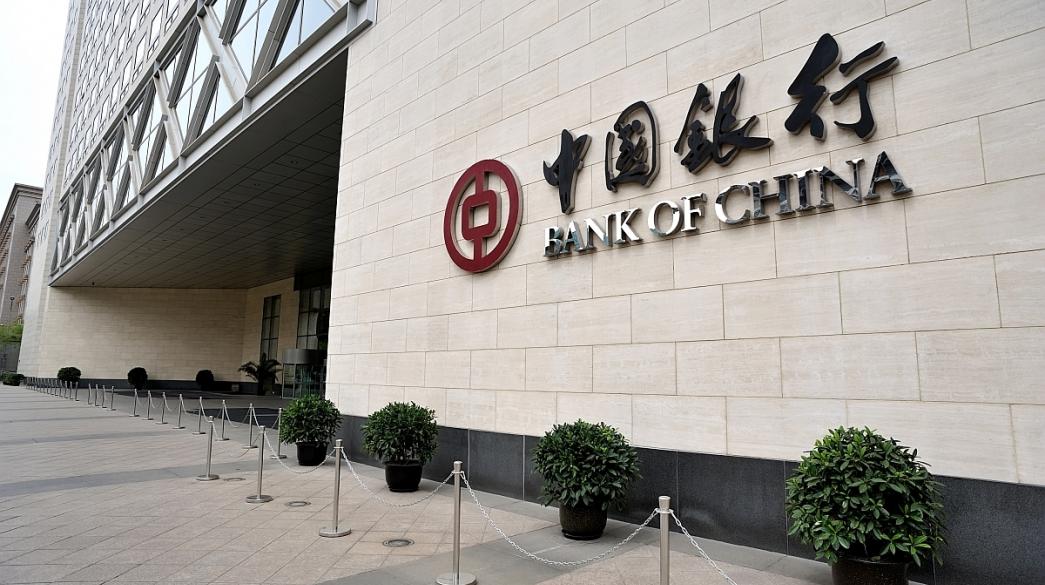The entry of two giant Chinese banks in Greece is only a recent development and their presence remains discrete. But they have big plans for Greece as the country is part of the new Silk Road, placing the Mediterranean country within the strategic plans prepared by the Asian lenders.
As of August 2018, Athens agreed with Beijing to participate in the new Belt and Road initiative even though Cosco had acquired the port of Piraeus much earlier. This deal very quickly helped unlock plans for Chinese investments in Greece, bringing to Greek shores two of the world's biggest lenders, both owned by China: the Industrial and Commercial Bank of China (ICBC) and the Bank of China.
With assets above 4 trillion dollars, ICBC is the world's biggest bank. It's revenues mostly come from China but the lender has been expanding its global footprint in a bid to better compete against US banking giants, such as JP Morgan. The Bank of China is the world's fourth-largest lender and has assets of three trillion dollars. It is considered to be the most international lender among the country's large state-owned banks.
ICBS has received a license to set up local operations from the Bank of Greece, based on its Luxembourg banking permit. Bank of China, which has opened an office on Mesoghiou avenue, is also operating in Greece via a Luxembourg bank license.
Despite widespread talk that the two lenders will mainly stick to assisting Chinese investments in the country, Bank of Greece officials have been informed, according to sources, that they are interested in doing business in three key areas: financing large Greek projects, lending to Chinese businesses and helping Chinese companies looking to invest in Greece.
One of the most first investments that may be financed by a Chinese bank is a large energy project in Crete, probably from TERNA Energy, worth 300 million euros.
As a part of the new Belt and Road Initiative, Greece has favorable access to finance from the two Chinese banks for large infrastructure and energy projects. Ports, highways, subway line extensions and all projects connecting Piraeus with the rest of Europe and turning the port into one of Europe's top transit points, are a high priority for the Chinese lenders.
Some sources have indicated that they have not ruled out the possibility of taking a stake in a systemic Greek bank. This would entail some difficulties but there are already cases of Chinese banks buying into eurozone peers, particularly in Portugal, where Fosun has the largest stake in the country's top player Millennium BCP.
Portugal serves as a good example to determine how far-reaching investments from China can be. Chinese investments in the country, that was included new Belt and Road Initiative ahead of Greece, exceeded 9 billion euros at the end of last year, covering sectors such as energy, the financial system, insurance, telecoms, water networks, and fish farms, according to figures from the Chinese embassy in Lisbon.









